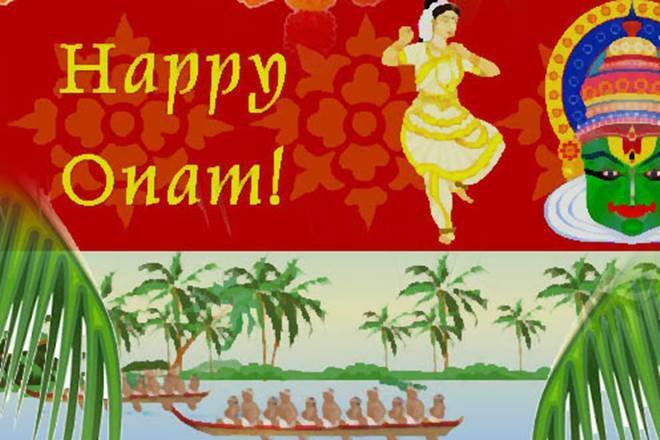Onam Festival: The 10-day long festival Onam celebrates the Vamana avatar of Lord Vishnu, as well as the return of King Mahabali annually. This year the Onam festival will be celebrated from 12th August. But, the actual festival will start on 21st August with Thiruonam. 22nd August will be the third day of Onam and on 23rd August, the final day falls.
According to the Malayalam calendar, Onam is observed on the Thiruvinam Nakshatram (Shravana asterism) of the Chingam month.
History and Significance
King Mahabali was known to be kind and generous, and his rule is represented as the golden era in Kerala, For this reason, his return is widely celebrated. As per the Vaishnava mythology, it is said that King Bali came to power taking over the three worlds by defeating the gods. Then, gods have asked for Lord Vishnu’s help in a battle against the demon king Bali. As Mahabali was his devotee, Vishnu did not want to participate in the war but agreed to help the gods. Then Lord Vishnu took the form of a poor dwarf brahmin (Vamana avatar from the Dasavataram), visited the king. The Brahmin requested the Mahabali to give a piece of land that measures ‘three paces’. The king agreed to that. Suddenly, the dwarf grew in size and covered every Mahabali’s ruling place in just two steps. King Mahabali offered his head for the third step of Vamana.
Mahavishnu was impressed by Mahabali’s good deeds and devotion and hence allowed him to return to earth once a year. Onam is also a rice harvest festival.
The festival preparations start 10 days prior to the three prominent days. People make Pookalam (flower rangoli) in their country yards.
A Grand feast called ‘Onasadya’ comprising of 13 dishes is prepared. The food commonly consists of rice along with various dishes, papads, pickles. The sweet dish called ‘Payasam’ is a must.
Boat race or Vallamkali is common in the Onam festival celebrations. The snake-shaped boats that are rowed by hundreds of oarsmen compete with each other. However, this year celebrations are anticipated to be restricted due to the Covid-19 pandemic. Celebrations are consist of traditional music, dance, and games, collectively they are called Onakalikal.


